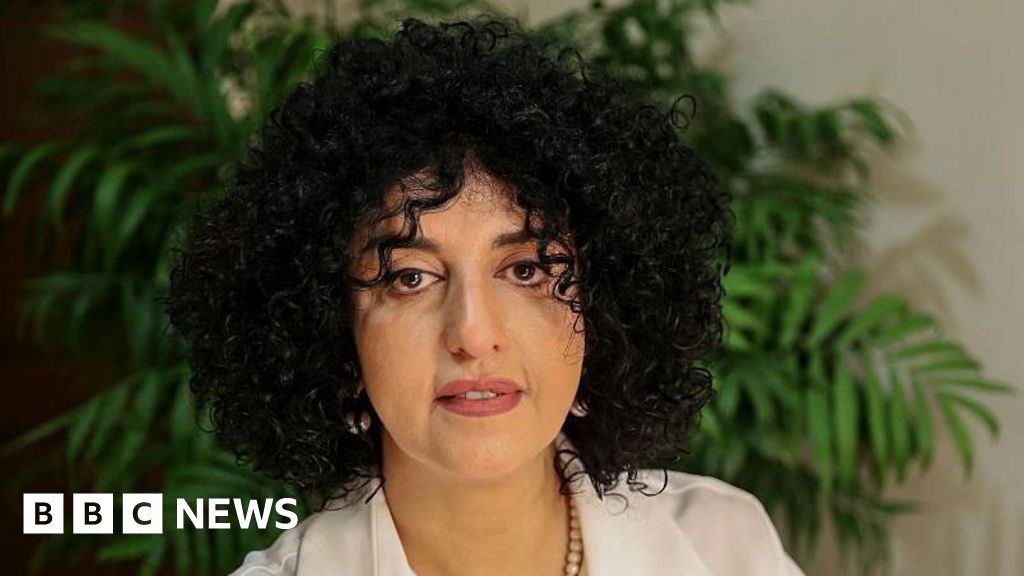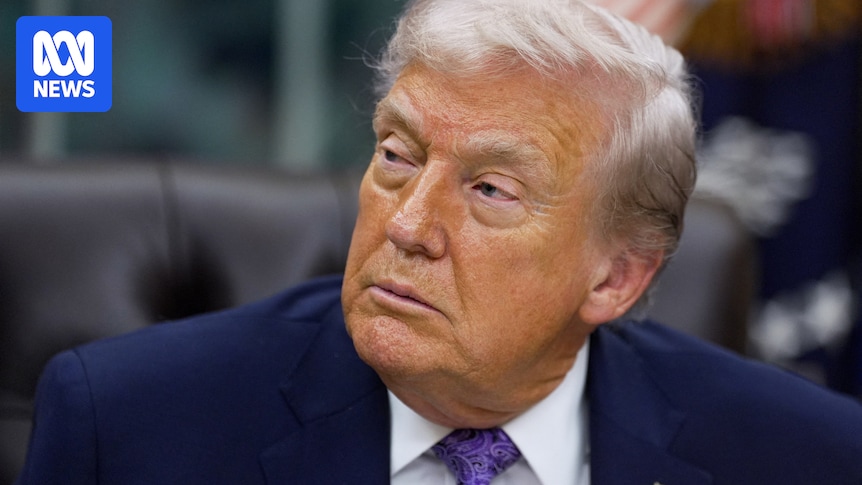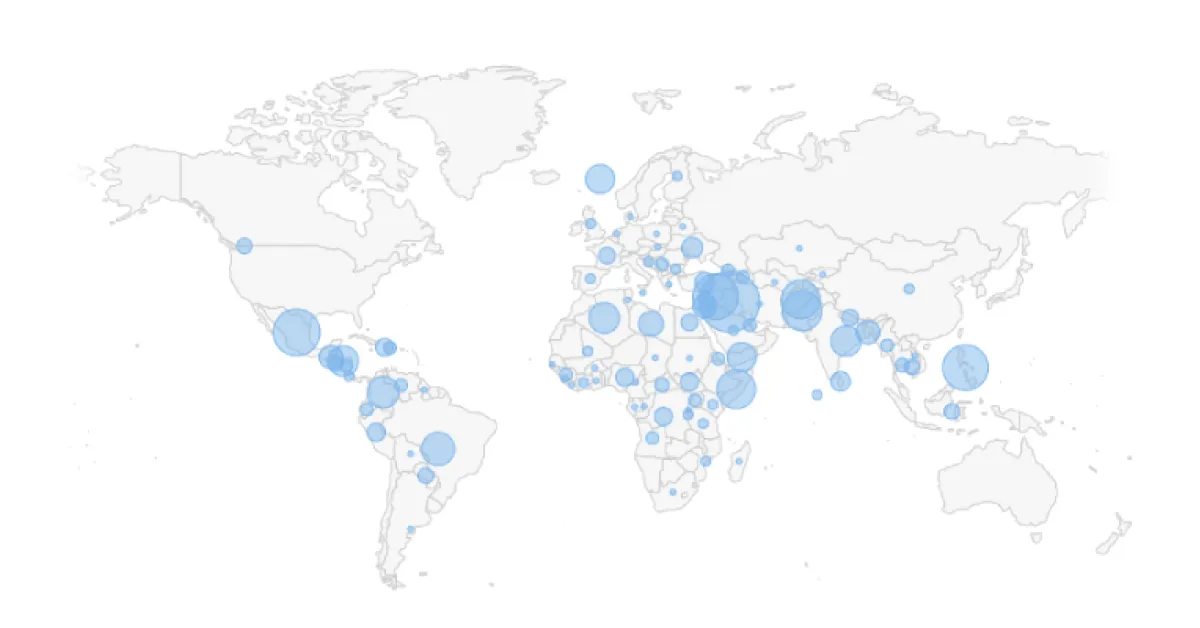Donald Trump has said Thai and Cambodian leaders agreed to renew a truce after days of deadly clashes that threatened to undo a ceasefire the US administration helped broker earlier this year.
Trump announced the agreement to restart the ceasefire…

Donald Trump has said Thai and Cambodian leaders agreed to renew a truce after days of deadly clashes that threatened to undo a ceasefire the US administration helped broker earlier this year.
Trump announced the agreement to restart the ceasefire…


12/12/2025
(Hartford, CT) — Attorney General William Tong today joined…

 AFP via Getty Images
AFP via Getty ImagesIranian security forces have “violently arrested” Nobel Peace Prize winner and women’s rights activist Narges Mohammadi, her foundation has said.
The Narges Foundation said Ms Mohammadi, 53, was detained in the eastern city of…

If it weren’t for Russia’s full-scale invasion, Volodymyr Zelensky probably would no longer be Ukraine’s president. His five-year term ended in May 2024, and only one of Ukraine’s six presidents managed to win a…

The ever-changing views of US President Donald Trump have shaken global affairs almost daily in 2025.
So you might think that a document which seeks to codify a doctrine that underlies his administration’s foreign policy would have gained a lot of…

About UNESCO
With 194 Member States, the United Nations Educational, Scientific and Cultural Organization contributes to peace and security by leading multilateral cooperation on education, science, culture, communication and information….

It provides an update on renewable water availability, which refers to the amount of freshwater that is replenished each year in rivers and aquifers through precipitation.
Renewable water availability per person has declined by seven per…

The Young Talents Caribbean Region L’Oréal-UNESCO For Women in Science program celebrated its 2025 Awardees during a special ceremony in Puerto Rico. The event brought together partners from L’Oréal Caribe, the Caribbean Academy of…